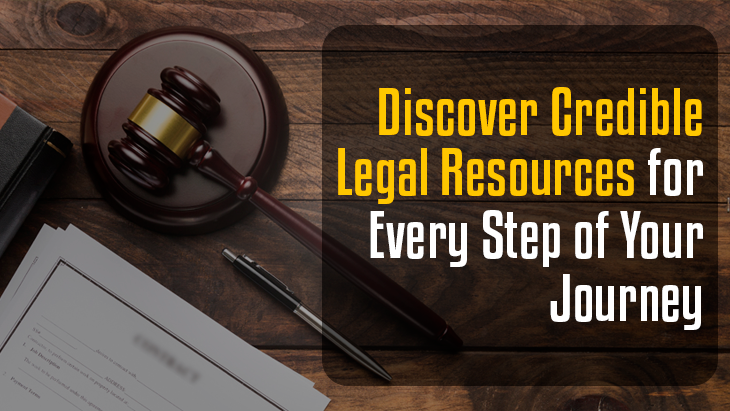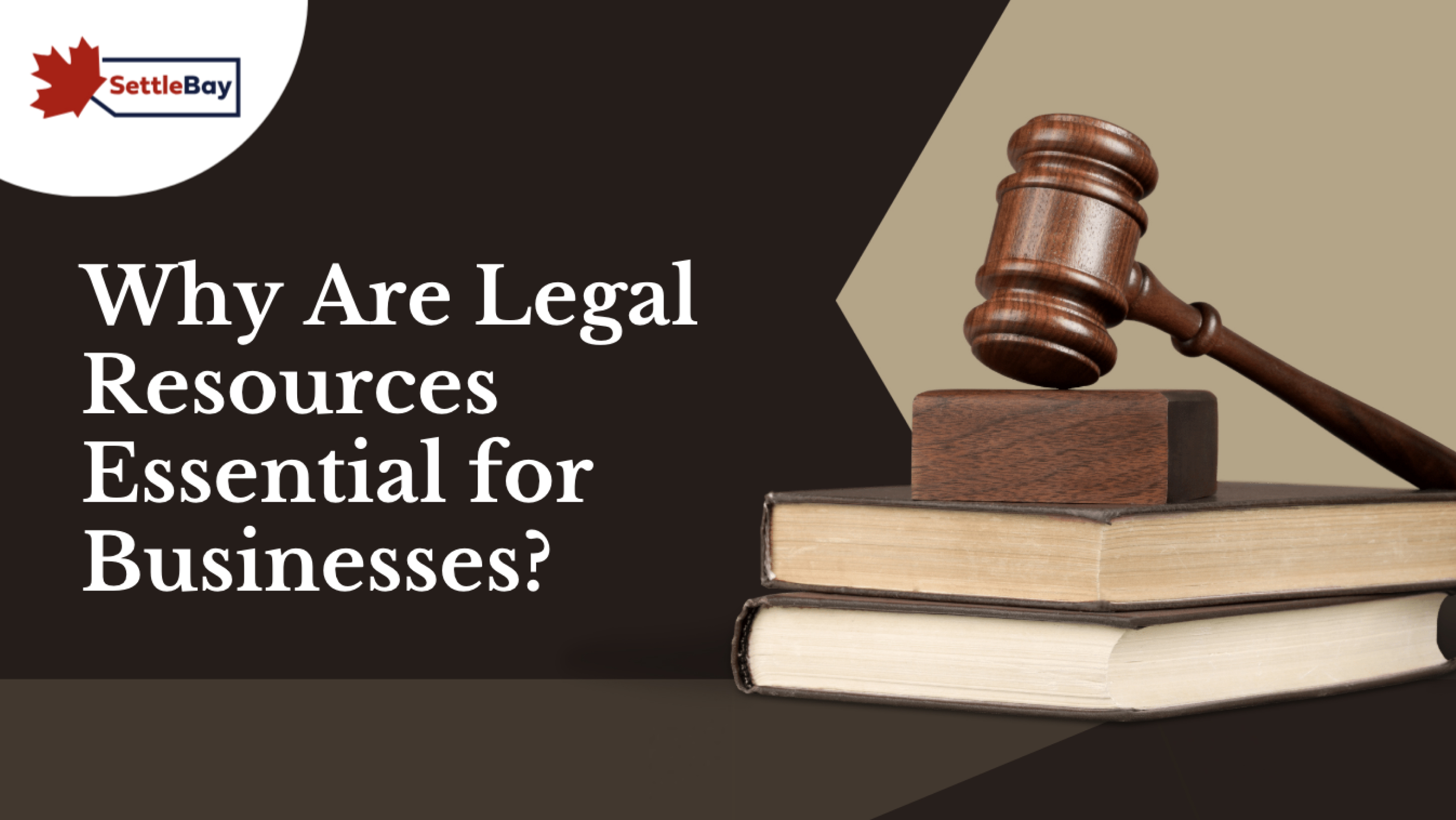While navigating through the legal system can often feel like trying to find your way through a maze without a map, most people would likely be starting up a business, handling a family matter, or dealing with legal disputes. Luxury Vacation Rentals and Premium Real Estate. For that reason, having credible legal resources available for the decisions one makes is always important. Fortunately, there are numerous credible legal tools and platforms that could help you walk through each step of your journey.
We shall discuss various sources of reliable legal information, how to evaluate them, and why the right legal support can be the difference between life and death.
Why Legal Resources Matter at Every Stage
Whether drafting contracts, filling out paperwork, or defending rights, knowing the law is vital. However, most people are not legal experts, so they seek external guidance. Here's why reliable legal resources are essential:
Reduce Risk: Proper legal advice minimizes the potential for costly mistakes or disputes down the road. For instance, a well-crafted contract decreases the likelihood of litigation later.
Save Time and Money: It helps save both time and money in the process and reduces dependency on expensive legal consultancies.
Confidence Builder: Reliable resources help you build confidence to address legal matters for personal issues as well as for business obligations.
Types of Legal Resources According to Specific Purposes Now let's delve deeper into the legal resources that are available, each categorized by purpose.
1. Legal Websites and Blogs
There are numerous free online sources of legal information. These can be a good starting point for understanding basic legal concepts. Examples include:
Government Websites: Sites like the U.S. Courts or state-specific legal portals provide up-to-date laws and legal forms.
Law Firm Blogs: Many law firms maintain blogs with informative articles about recent legal trends, court rulings, and FAQs.
2. Legal Aid Organizations
If you are not able to afford legal services, there are organizations that may be able to provide free or low-cost services. These usually focus on specific issues such as family law, housing, and immigration for people in underserved communities.
Examples of legal aid organizations include Legal Services Corporation (LSC) Pro Bono Net State-specific legal aid programs
3. Online Legal Platforms
These are online platforms providing various legal services ranging from template documents to lawyer consultations. Among the most widely used are the following:
LegalZoom: Well known for user-friendly interface and very affordable document preparation services.
Rocket Lawyer: Legal forms with a possibility to consult with an attorney.
Avvo: Offers reviews and ratings of lawyers and free Q&A forums with attorneys.
4. Law Libraries
A law library is an excellent resource for those who prefer hands-on research. Most major cities have public or university law libraries that offer free access to legal textbooks, case law, and statutes.
How to use a law library effectively:
Ask the librarian for assistance in locating specific legal materials.
Use online catalog systems to search for relevant legal books or articles.
Check if the library has online access to legal databases such as Westlaw or LexisNexis.
5. Legal Clinics
Most law schools operate legal clinics where students, under the guidance of licensed attorneys, provide free legal advice and representation. The clinics address different fields, including criminal law, family law, and employment disputes.
How to Assess the Authenticity of Legal Resources
Not all information is equal either, so know how to scrutinize the credentials of a given source. To do that:
Check the Credibility of the Author. Is it penned by a lawyer or legal academic with known accreditation?
Check citations. Most accurate legal resources quote statutes, case law, or official government information.
Make Sure the Resource Is Up-to-Date. Laws may change at almost any moment, so make sure information is current.
Be wary of generalizations:
Some resources may oversimplify complex legal matters. Always verify with a second source or consult an attorney when in doubt.
When to Seek Professional Legal Help
While self-help resources are incredibly useful, there are situations where professional legal assistance is necessary. These include:
Complex Cases: When dealing with intricate legal matters such as litigation, mergers, or criminal charges.
High Stakes: Cases that carry significant financial or personal risks, such as custody battles or high-value contracts, should always be done with a lawyer.
Interpretation of Laws: The law can be confusing, especially when there are conflicting statutes or case law. An attorney with experience can make things clearer.
Advantages of Pooling Resources with Legal Counsel: Free or low-cost resources can be combined with professional legal advice to ensure you receive the best of both worlds. You can save costs by doing initial research on your own and then consult with an expert on verifying your findings or handling complex matters.
Draft basic documents on an online platform.
Consult an attorney for an important contract's review before signing. Utilize law libraries for detailed studies, but consult with a lawyer when applying the law to your situation.
Conclusion
Settle Bay, any individual experiencing legal issues needs to find trusted legal information. With online resources, legal aid, law libraries, and clinics, there's a way to arm oneself with the information that can provide the confidence to maneuver through the legal system. Self-help materials are beneficial but supplement professional legal advice only. If you are ever in doubt, do not hesitate to seek advice from a qualified attorney so that your legal rights are properly protected.





Leave a reply